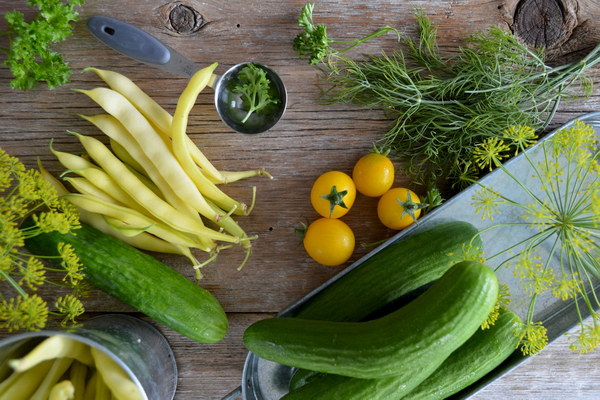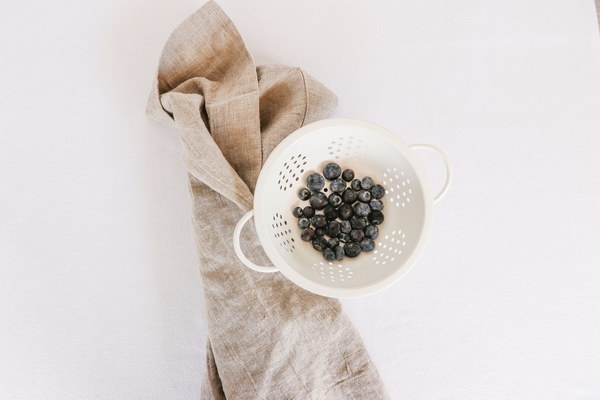Winter Tonifying Nourishing Your Body for the Cold Season
Winter tonifying, also known as winter nourishment or Bazhen, is an ancient Chinese practice that focuses on strengthening the body's resistance and vitality during the cold months. This time-honored tradition suggests that by adopting specific dietary and lifestyle habits, one can enhance their health and well-being throughout the winter season. In this article, we will explore the principles of winter tonifying and provide practical tips on how to incorporate this practice into your daily routine.

I. The Concept of Winter Tonifying
The core principle of winter tonifying is to balance the body's Yin and Yang energies, which are believed to be influenced by the changing seasons. As winter approaches, the natural Yin energy increases, and the body requires more warmth and nourishment to maintain its balance. By tonifying the body, individuals can strengthen their immune system, improve their overall health, and prevent the onset of common winter ailments.
II. Dietary Tips for Winter Tonifying
1. Emphasize Warm and Nutritious Foods: Incorporate warm and nourishing foods into your diet, such as root vegetables, soups, and stews. These foods provide the body with essential nutrients and help maintain its internal heat.
2. Consume Foods with Tonifying Properties: Foods rich in vitamins, minerals, and natural compounds that support the immune system and promote overall well-being are considered tonifying. Some examples include ginseng, goji berries, and dates.
3. Limit Cold and Raw Foods: Cold and raw foods can weaken the body's defenses and disrupt the balance of Yin and Yang. Try to avoid excessive consumption of cold beverages, ice cream, and uncooked fruits and vegetables during the winter months.
III. Lifestyle Tips for Winter Tonifying
1. Stay Warm: Dress in warm layers to protect yourself from the cold weather. Pay attention to your extremities, such as your hands, feet, and head, as these areas are more prone to losing heat.
2. Exercise Regularly: Engaging in regular physical activity helps boost your immune system and maintain your overall health. Choose activities that are suitable for the cold weather, such as walking, yoga, or tai chi.
3. Get Adequate Sleep: Ensure you are getting enough restful sleep to allow your body to rejuvenate and strengthen itself. Aim for 7-9 hours of quality sleep each night.
4. Manage Stress: Winter can be a challenging time for many people, so it's essential to find ways to manage stress and maintain a positive mindset. Practices such as meditation, deep breathing exercises, and spending time with loved ones can be beneficial.
IV. Winter Tonifying Remedies
1. Acupuncture: This traditional Chinese medicine technique involves inserting fine needles into specific points on the body to balance Yin and Yang and promote healing.
2. Cupping: Cupping therapy involves placing cups on the skin to create suction, which increases blood flow and relaxes the muscles. This technique can help alleviate pain and improve overall well-being.
3. Chinese Herbs: Consult with a qualified practitioner to determine which Chinese herbs are best suited for your specific needs. Commonly used tonifying herbs include Astragalus, Codonopsis, and Rehmannia.
Conclusion
Winter tonifying is a valuable practice that can help you stay healthy and vibrant throughout the cold season. By incorporating these dietary and lifestyle tips into your daily routine, you can boost your immune system, maintain your balance, and enjoy the winter months with ease. Remember to consult with a healthcare professional before making any significant changes to your diet or lifestyle.









